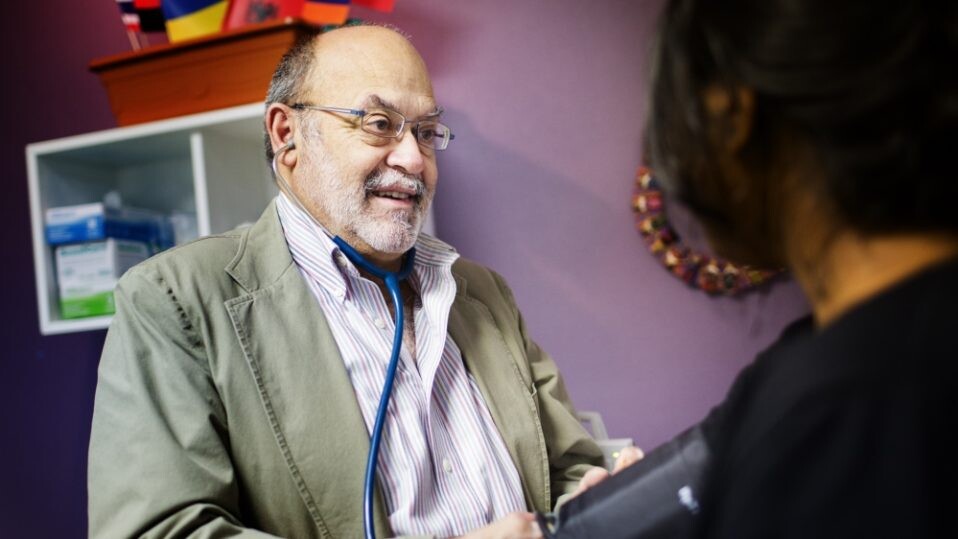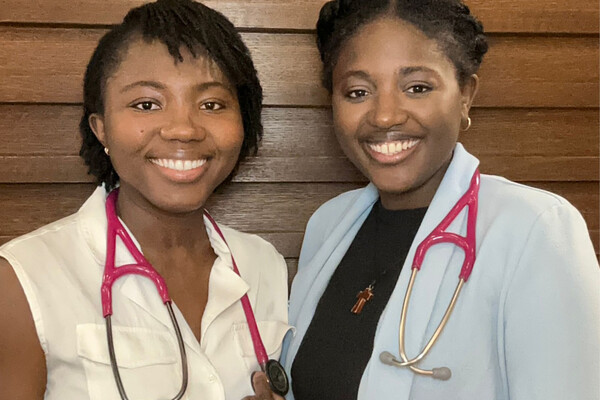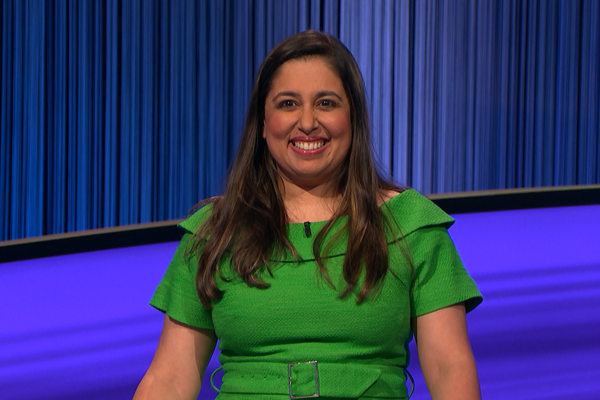Caring for the Uninsured: Paul Caulford, BSc’72, MSc’75, MD’78

Dr. Paul Caulford, BSc’72 MSc’75 MD’78, is a family physician in Scarborough and founder of the Canadian Centre for Refugee & Immigrant HealthCare.
He has received the 2017 Ontario College of Family Physicians Regional Family Physician of the Year Award, and is recognized for his advocacy, medical care and health equity initiatives on behalf of refugees, new immigrants and other vulnerable and marginalized populations.
If there’s no clinic for these people — in my mind it’s our job to build one.
Dr. Paul Caulford didn’t set out to be an activist. But when the UofTMed alumnus and family physician heard about patients without health care insurance being denied care or faced with huge health bills, he helped launch a clinic for uninsured patients in Scarborough — now called the Canadian Centre for Refugee and Immigrant HealthCare. He spoke with Faculty of Medicine writer Carolyn Morris about his work and what inspired him.
How did you first get involved in helping treat patients who don’t have health insurance?
It started when I was serving as Chief of Family Medicine at the Scarborough Hospital in the early 1990s. I was at a community meeting when a public health nurse started flicking this piece of paper toward me. It took me a while to look at it, and when I did I saw it was a hospital bill for $4,500. She asked what I was going to do about it.
At the time I just assumed everyone had access to health care. But the story behind this bill was that a teenager had showed up to an emergency room in distress, with sickle cell anemia. She was told she didn’t have coverage and could only be seen if it was an emergency. So she waited until her symptoms deteriorated, she was treated and then given this bill.
I ended up partnering with that public health nurse, Jennifer D’Andrade, and other colleagues to open a clinic for uninsured patients — operating at first out of a church basement.
How has the Centre evolved since then?
When we started we were hoping to put ourselves out of business — we thought this lack of health care access could be resolved, and that we were just providing temporary care. But as the years went by, we just got more and more busy. We knew we had to create something that would outlive the founders. So we grew from this unnamed clinic in a church basement, to the Canadian Centre for Refugee & Immigrant HealthCare, where we treat patients, do research, teach med students and advocate for improved access to care.
We now have 25 volunteer doctors, 10 dentists, four nurse practitioners, 12 nurses, two chiropractors and other volunteers. They are the folks who do all the work, the backbone of The Centre. We also partner with midwives and paediatric residents. We see close to 30 patients every evening at our clinic — people from 124 countries, including many from Nigeria, Somalia, Sudan and Ethiopia. We’ve also had an increase in patients from Syria, Lebanon, Jordan, Iraq and Iran. Whenever there’s a war or conflict somewhere, it seems, we start to see patients from that area about two or three months later. Most recently we’ve had patients arriving from the U.S. — who’ve hidden in backs of trucks to cross the border.
What are some of the reasons the patients you see don’t have health coverage?
There are lots of gaps where people are left without access — and some of them are surprising. Canada, for example, has our own and sizeable “Dreamer” population. Like in the U.S., they came as children and are now in their teens and early 20s, knowing no home other than Canada and yet denied access to health care.
In Ontario, permanent residents and returning residents have to wait three months for health care coverage. It’s the same in Quebec and B.C. — all provinces with high levels of immigration. Three months might not seem like a long time, but imagine I told you that for the next three months you and your children are not covered — and imagine your child getting a fracture, appendicitis or pneumonia. Illnesses and accidents can occur at any time.
Then there is confusion around the Interim Federal Health Program for refugee claimants, after cuts were made in 2012. Even though the cuts have been reversed, we’ve being seen more people still delayed for months and longer getting health coverage and care, or asked to pay upfront in walk-in clinics.
We also see patients who’ve been coming legally as temporary foreign workers and migrant workers, who’ve gotten sick and had their permits expire. Or patients whose refugee claims were denied, but who are still living here. Then there are people who’ve come to the country and don’t have immigration status at all.
What are some of the most common health conditions you see?
We see a lot of children and youth, with infections, fractures, wounds and various typical problems. We regularly see pregnant women who haven’t had proper prenatal care, and people with untreated diabetes. Recently, migrants who’d been left in snowbanks after crossing the U.S. border came in with severe frostbite that had worsened from not getting immediate treatment. We also see patients who have lived through trauma — war, famine, rape — so we see a lot of mental-health issues like post-traumatic stress disorder.
What drives your dedication to this Centre?
I didn’t set out to do this, the issues came to me. Working here feels good. I don’t think of physicians and nurses as owning our medical skills, instead I feel that we hold our knowledge in trust for the community, not just those with health cards, but for everyone in our community — sort of like police do. And I think that everyone deserves to have access to health care without judgment for their circumstances. So if there’s no clinic for these people — in my mind it’s our job to build one.
And if others feel the same, we’re always looking for volunteers! We are always on the lookout for physicians, nurses, dentists, administrators and financial experts to help us.
How did U of T shape your career as a physician?
I got such an excellent education — I did my undergraduate degree, MD program and graduate degree all at U of T. I remember compelling lectures by Charles Best, and also a very formative time working over the summer with a pathology professor at SickKids. I learned so much from so many teachers and mentors who took the time to teach me not only about advanced medical concepts, but also about learning from our mistakes and having humility and compassion.
News


